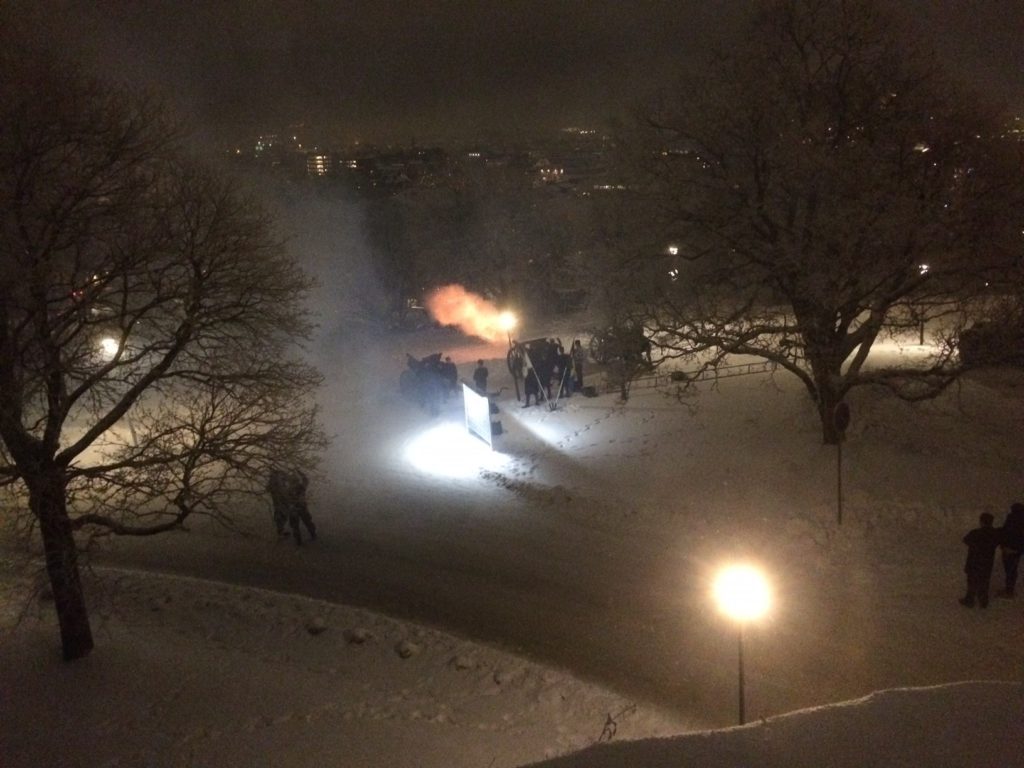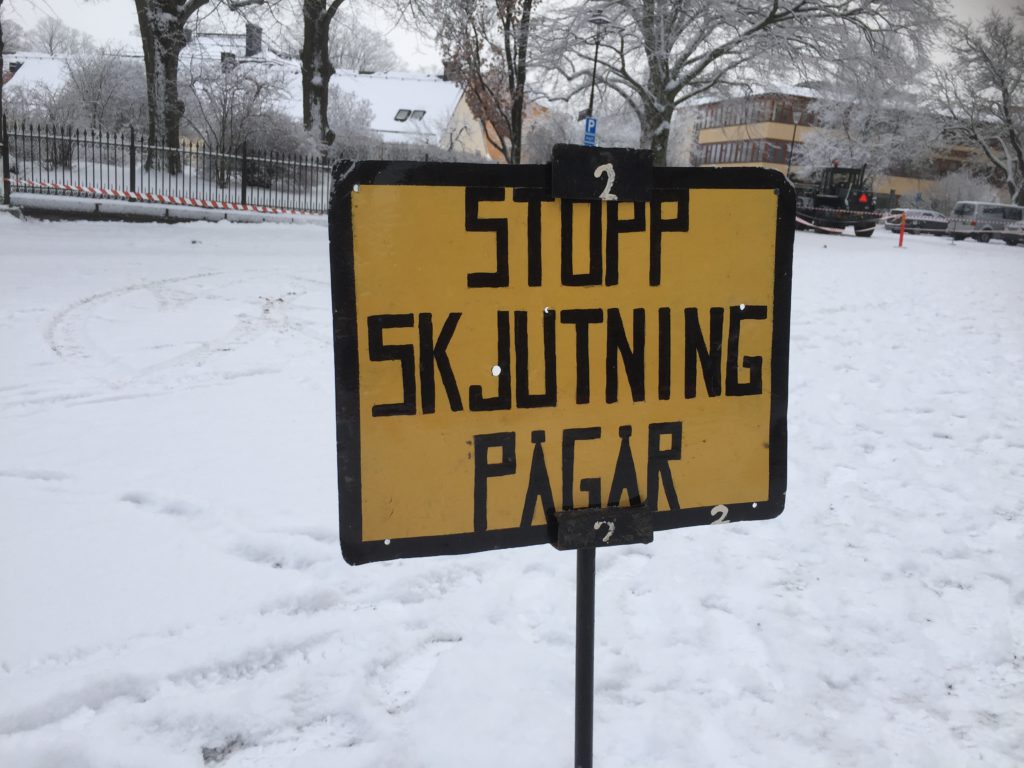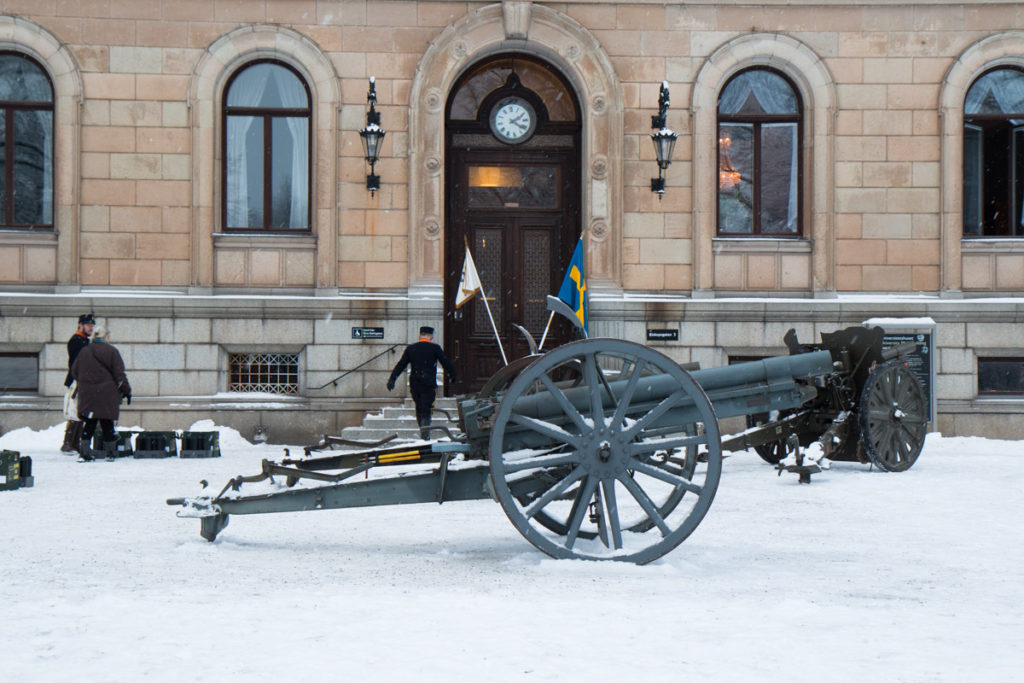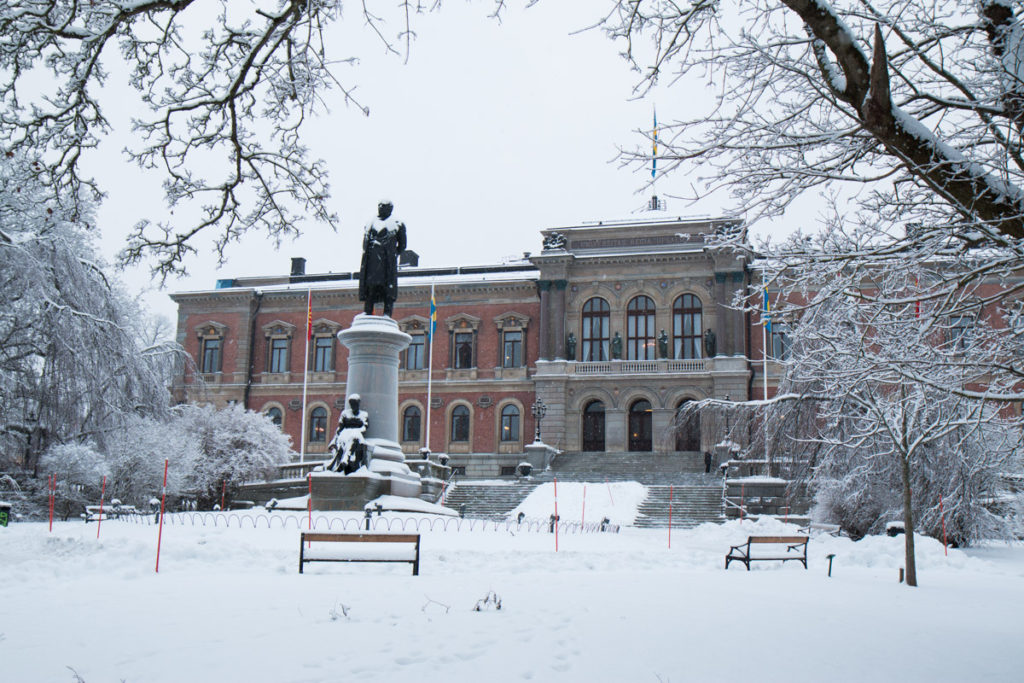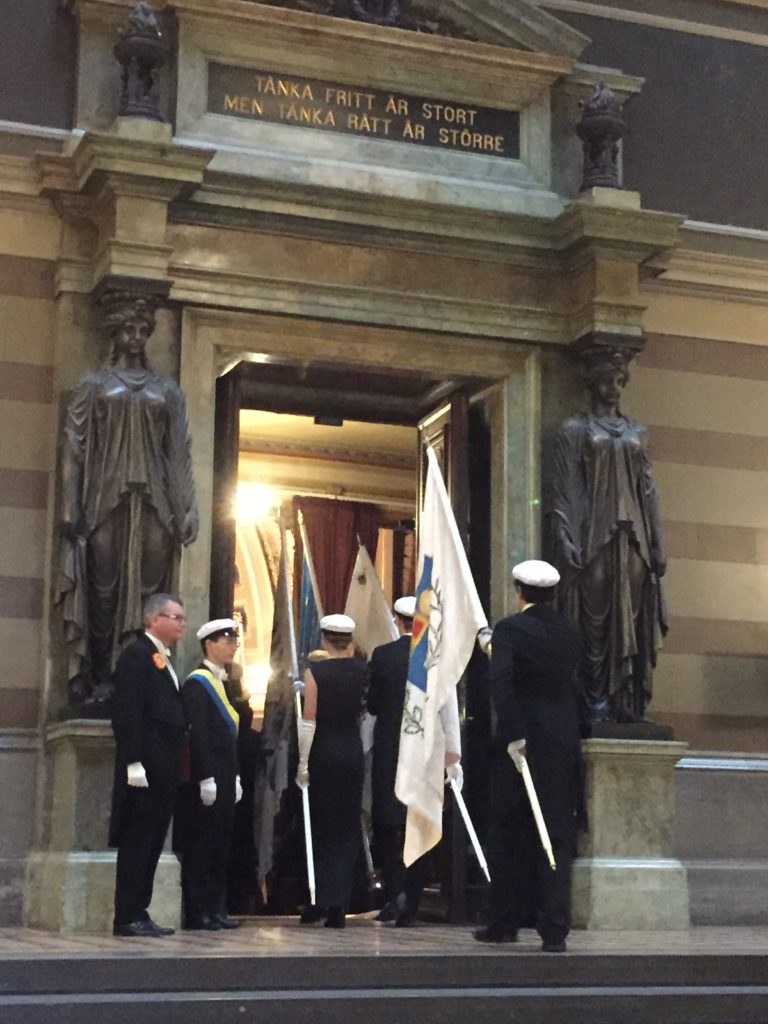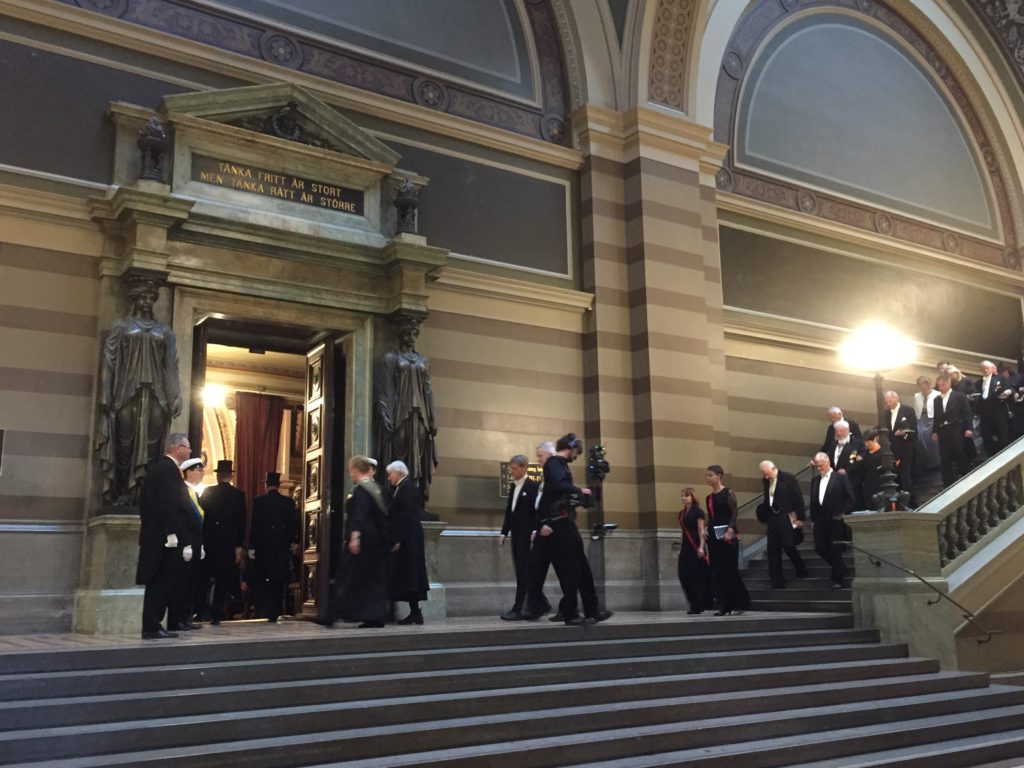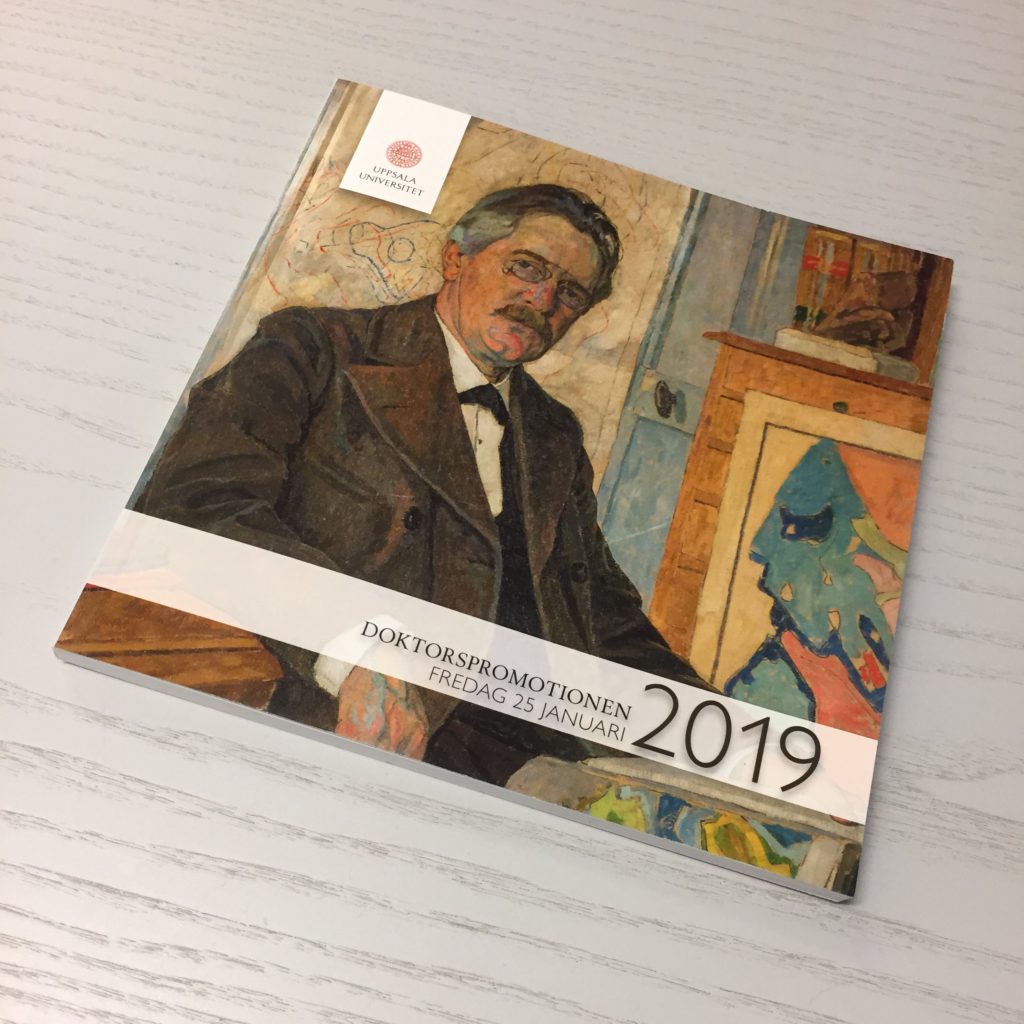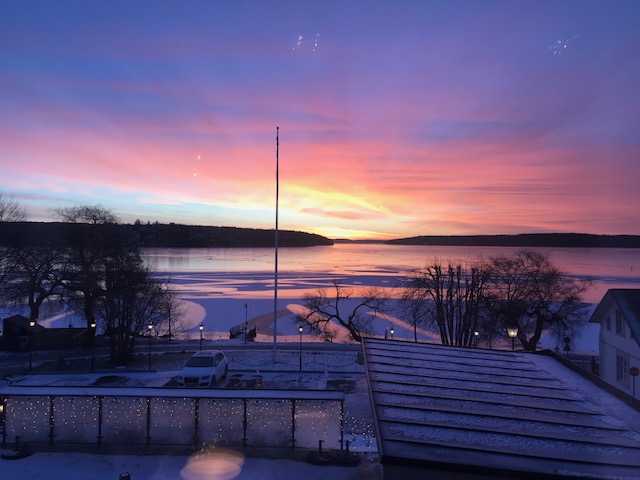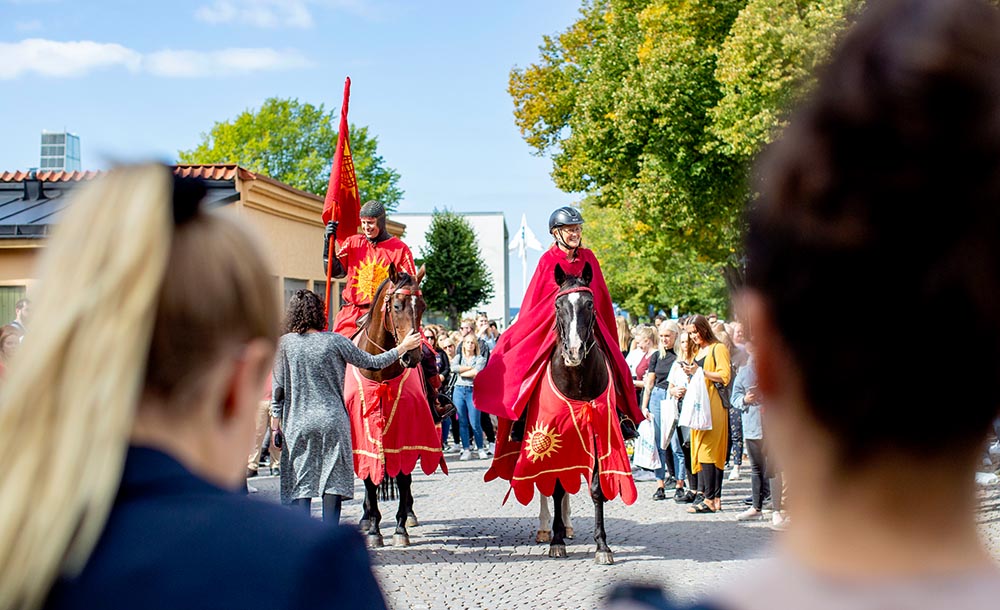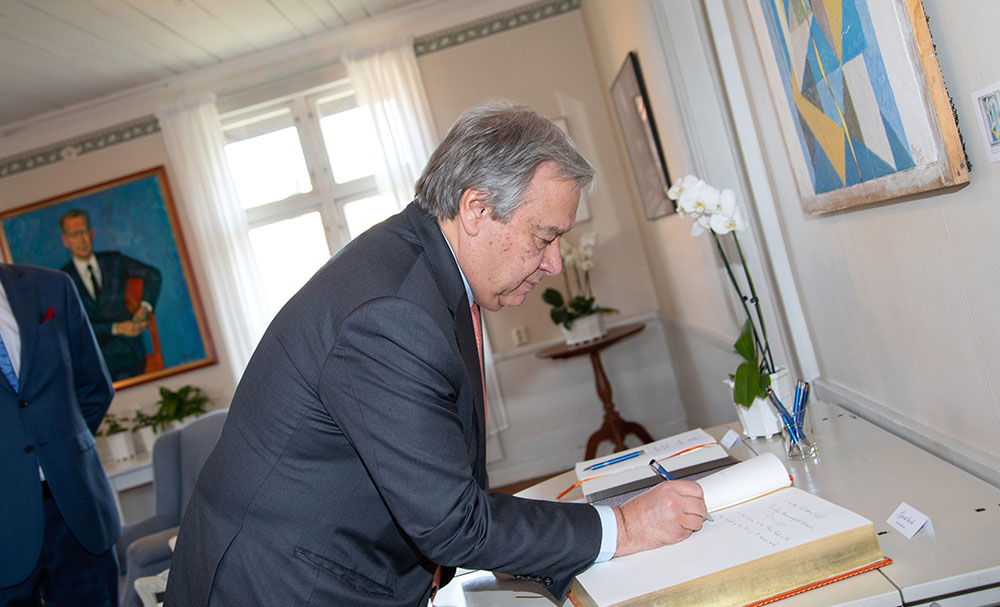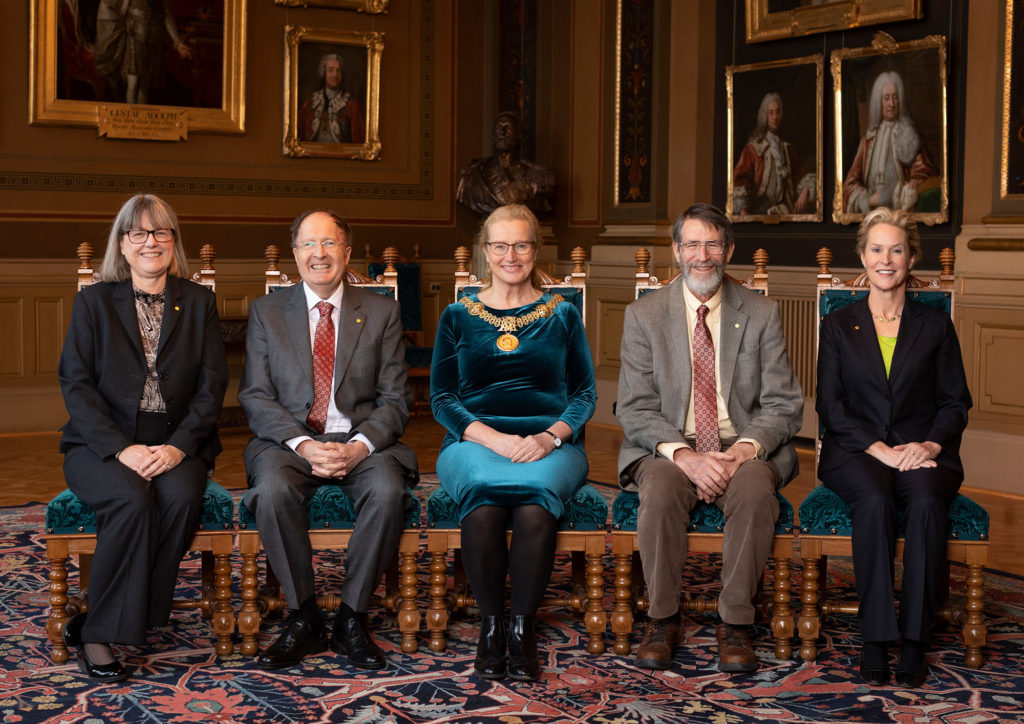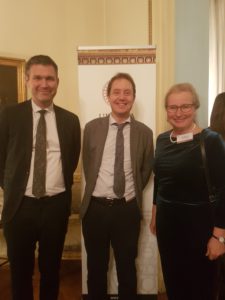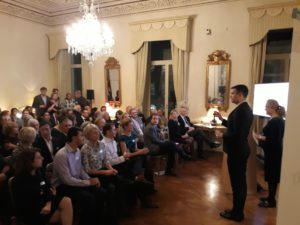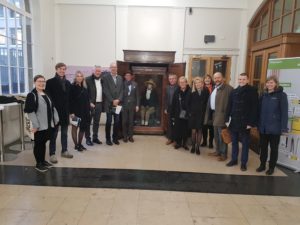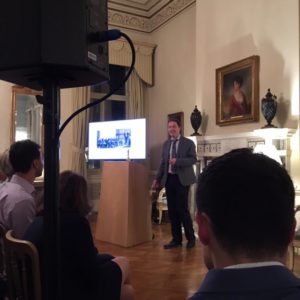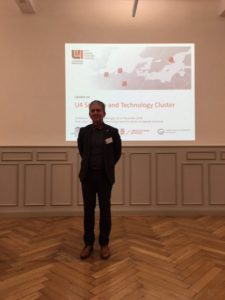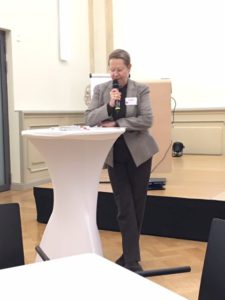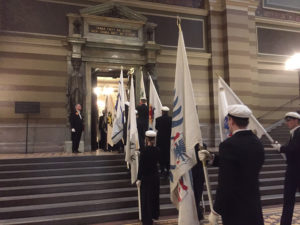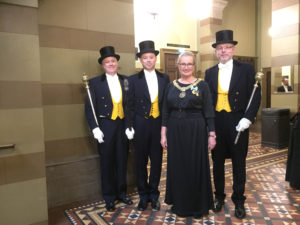(Original Swedish post published 1 February 2019.)
Today (1 February) the Inquiry on Governance and Resources delivered its 468-page final report. Here are a few spontaneous reactions based on a quick perusal.
Most of the arguments and proposals are in line with the inquiry’s communications along the way, in its framework proposals and presentations. This means that our earlier view – that the starting points and rhetoric are in keeping with what we would like, though some of the proposals may have negative consequences – remains unchanged.
The entire inquiry is underpinned by a number of key concepts: trust, academic freedom, freedom of action, less micro-management, a long-term perspective and clarification of collegial influence. The inquiry writes about strengthening the freedom of education and the need to clarify the scope for faculty members to influence processes and decisions. These are principles that we whole-heartedly endorse. The close links between education and research are emphasised. This is also a good principle. One expression of this is that the inquiry proposes a single higher education bill.
The inquiry also contains proposals intended to strengthen the long-term perspective and planning possibilities. Four-year planning frameworks might certainly be a good idea. However, we remain sceptical about four-year agreements between higher education institutions and the government based on a dialogue. The idea is that this will make it possible to reward every institution’s strengths and to replace the general targets for higher education with more tailored tasks. Of course stable planning conditions are basically a good thing, but it is hard to imagine that the politicians will refrain from interfering with education for four years. Moreover, these agreements are on top of the annual appropriation directions, they would not replace them. For each higher education institution, the agreements will “formulate goals and follow-up criteria for a number of areas with political priority” (p. 19). What we are concerned about is that this paves the way for political micro-management and an unclear division of responsibilities between the university board and the government. We need to study the effects of this part of the proposal more closely.
Otherwise, the most radical proposals concern the principles determining the allocation of resources by central government. Under the inquiry’s proposal, research and education will not be treated as two separate activities, but rather as a single activity, and the higher education institutions will have free control over a combined funding allocation, although the portions for research and education will be calculated separately.
Particularly on the educational side, the inquiry’s proposals would entail a substantial change. At present, the higher education institutions receive a funding ceiling and then compensation for the number of full-time equivalent students (FTEs) and annual performance equivalents, with different standard price tags for different educational areas. The inquiry proposes that the institutions should instead receive a funding allocation for education and a funding agreement target formulated as the total number of FTEs that the institution is expected to enrol. In other words, half of the funding allocation for education will be fixed, and half calculated by the number of FTEs. The current system of calculating part of the funding on the basis of how many credits the students earn (annual performance equivalents) would be eliminated. One of the arguments given for doing this is the desire to reward life-long learning, in which the degree of performance has traditionally been lower.
The starting value in the transition to the new model would be that each institution’s funding allocation for education would match the current funding ceiling, and the target would be based on the current number of FTEs. This presumably means that the institutions, in practice, would have different implicit average price tags (funding allocation for education/FTE) depending on the combination of price tags it has had in the past. The impact this might have on the ability/incentive of higher education institutions to renew the range of programmes they offer bears thinking about.
The higher education institutions have wanted an inquiry into these matters. Uppsala University submitted input with comments and reactions last March, as described in this blog post. Our most general objection then and now is perhaps that we would have liked the inquiry to take a more fundamental approach to the issue of autonomy. The report that came out today talks about the need for less micro-management, the need for responsibility to lie with the higher education institutions and the fact that capacity planning decisions “have not infrequently been characterised by what we consider to be excessively short-term thinking”. We agree with the description but do not share all the conclusions.
In conclusion, we observe that the inquiry led by Pam Fredman has covered extensive ground. There are many more proposals than those we have mentioned here. We will study this important inquiry closely at our University. We look forward to the consultation process and will hold an open seminar on 18 March in the University Main Building, lecture hall IX. To be continued.

